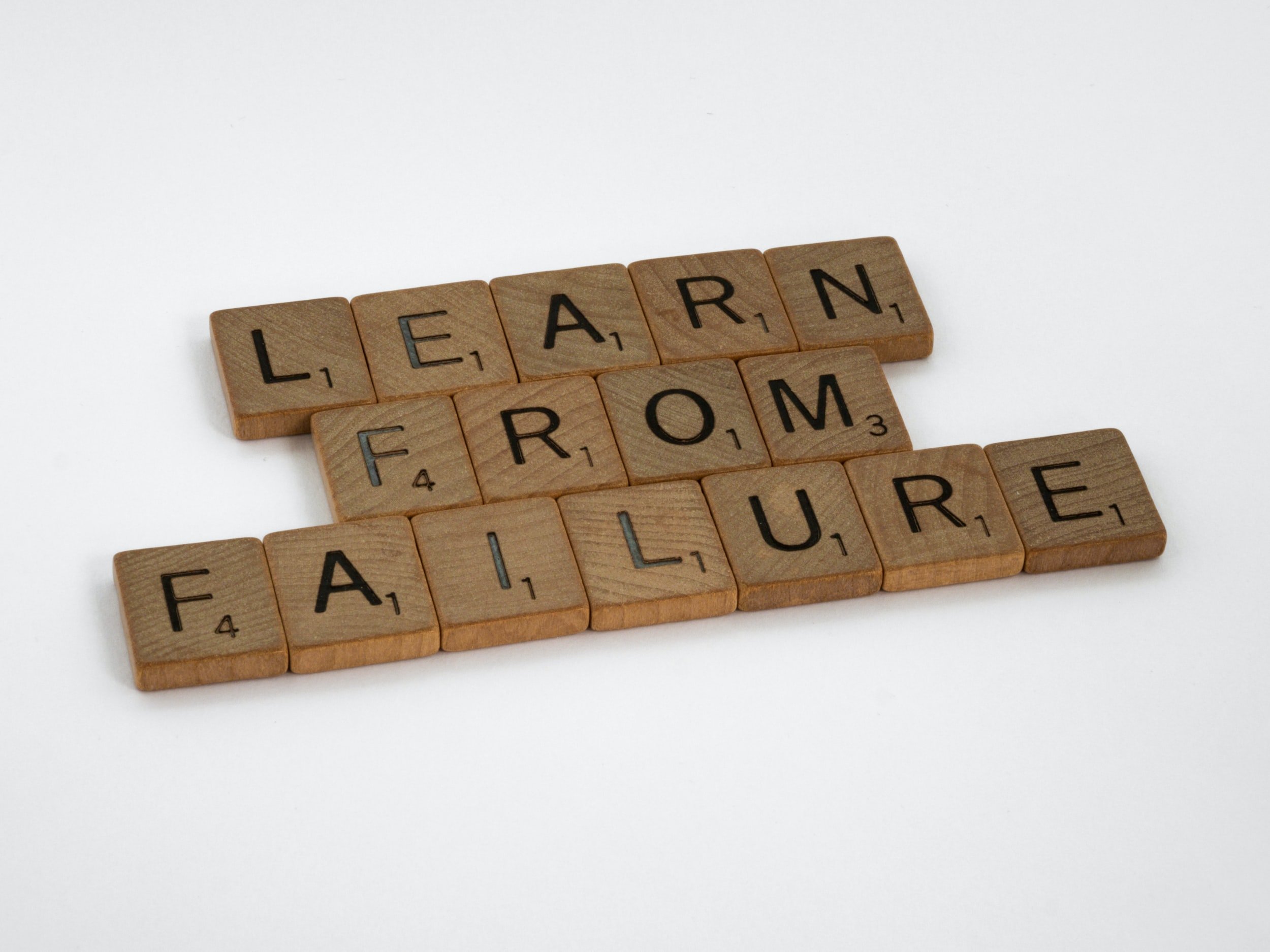Being human means making mistakes, and this holds true for the workplace as well. If you want to advance in your career, it is essential to handle mistakes professionally and learn from them, whether they are minor or major. We'll talk about some ways to handle mistakes at work well in this post.
Accept responsibility
The first step in dealing with a mistake is to accept responsibility. Do not attempt to assign blame or provide justifications. The fact that you acknowledged the error and took responsibility for it demonstrates that you are accountable and trustworthy. It is essential to admit your error as soon as possible and notify your supervisor or coworkers if necessary.
Assess the situation
After admitting your mistake, take a step back and assess the situation. How did it happen, what went wrong, and how can it be fixed? This can assist you in determining the primary cause of the error and devising a strategy to prevent it from occurring again in the future.
Apologize
It is necessary to express regret for the error and any negative effects it may have had. This exhibits your sympathy and worry for the government assistance of your colleagues and the business. Keep in mind that a sincere apology can help rebuild trust and repair relationships that have been damaged.
Make a note of the mistake
After the mistake has been fixed, take some time to reflect on what you've learned. Find out what you could have done differently and what you can do to avoid making the same mistakes again. Make the mistake into an opportunity to learn and grow professionally.
Move on
Once the mistake has been fixed, it's important to forget about it and move on. Don't let it take up too much of your time or distract you from your work. Instead, concentrate on the present and how you can maintain your professional performance. Keep in mind, botches happen to everybody, and it's the means by which you oversee them that genuinely matters.
Work together with your team
If your mistake has an impact on your team, you must communicate with them and keep them informed. This shows that you are honest and open, which may help you avoid misunderstandings or miscommunications. It's also a great time to think about how everyone can work together to get better and how mistakes can be avoided in the future.
If the error was significant, act to prevent it from happening again in the future. Implementing new policies or procedures, receiving additional training, or soliciting feedback from coworkers are all examples of this. You are demonstrating your commitment to your role's development and growth by taking action.
Maintain a positive outlook In the end, it is essential to maintain optimism and a growth mindset. You should not allow the error to bring you down or discourage you. Instead, make the most of the opportunity to learn new things and advance professionally. Keep in mind that making mistakes is a normal part of learning and can ultimately help you become a better professional.
In a nutshell, being proficient at handling workplace errors entails acknowledging one's error, evaluating the circumstances, expressing regret, learning from it, and moving on. Additionally, it requires communicating with your team, taking steps to avoid future errors, and maintaining a positive attitude. You can involve botches as any open doors to learn and advance in your occupation by paying attention to the counsel in this article.

